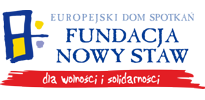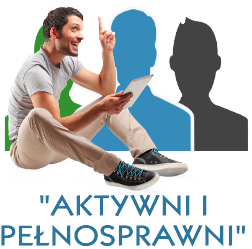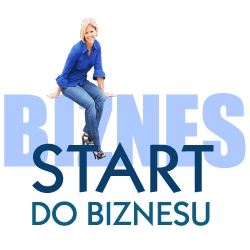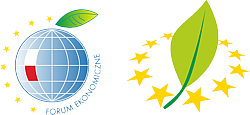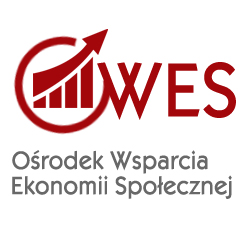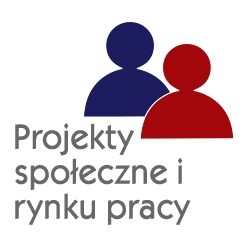YEAR 2010 NEWS
22.09.2010. Lublin
European Centre of Youth Co-operation – short summary of recent activities
European Centre of Youth Co-operation
Vacation time was more conducive to the implementation of international projects in the European Meeting Centre in Nasutów near Lublin, and those were mainly youth exchanges and trainings. Youth involved in the projects had the opportunity to gain valuable experience through active participation in international projects thanks to financial support of their ideas by the EU programme "Youth in Action". All the projects described below were coordinated by the European Meeting Centre - Nowy Staw Foundation.










"Happy Hours" project was taking place from the 7th to 16th of June and the project gathered young people from five very different countries: Poland, Czech Republic, Estonia, Armenia and Georgia. "Happy Hours" was the psychological-musical exchange, which aimed at opening people for innovative forms of arts. Participants were working in two workshop groups - media and music an thus way they created a videoclip
http://www.youtube.com/watch?v=QlCghsqEM4I
"Journalism as an opportunity to equality" was the youth exchange project which took place from the 27th June till 10th July 2010. There were 34 young people from different European Countries such like: Poland, Latvia, Italy, Greece, Czech Republic and Turkey. The main purpose of exchange was developing solidarity, tolerance among European youth and preventing from intolerance by meeting different cultures and getting to know them, showing importance of independent journalist in building society without discrimination.
http://www.facebook.com/group.php?gid=117334471622323&ref=search
"Our victory 600 years later", Polish-Lithuanian youth exchange project which took take place from the 11th to the 17th of July. The aim of the project was to prepare the historical show that was performed in the centre of Old Town in Lublin (Plac po Farze) in the midday on the day of Anniversary of Grunwald Battle.
http://www.eds-fundacja.pl/00/media-o-fundacji/066.php
"Into the future with the past" started on 12th of July and finished on 22nd. The aim of the project was to show, by artistic workshops and other workshops, that history do not have to be boring and moreover to deepen knowledge about medieval times and increasing youth’s awareness of European citizenship.
The main subject of the project was medieval, and entire workshops were in order to develop abilities and interests of participants. Youth had also the opportunity to take part in pottery, music and dance workshops. The project was evaluated with "Competition for the Queen’s ring", which was a kind of reactivation medieval knights tournaments.
The international exchange "Talking about history – a key to understanding" started on 22nd August 2010. Young people from Belarus, Germany, Poland and Ukraine were talking about the history of their countries and its impact on the contemporary relationships in Europe. The subject of the project were expulsions which took place during the Second World War. Young people during the project focused on the events happened 60 years ago, but still alive in the minds of its participants.
http://www.radio.lublin.pl/szukaj.php?site=news_details&id=80537
An international youth exchange entitled "Cartoons connecting people" was held between 17th-26th August 2010. During 9 days of project youth from 6 countries was working on a common theatrical performance, which was presented at the end of the exchange in Mother Theresa from Calcuta House for Elderly People in Lublin. Youth from 6 countries such as: Estonia, Finland, Greece, Latvia, Romania and Poland participated in this event. The main subjects of the exchange were cartoons and theatre. The play was about ecological threats in 21st century.
http://radio.lublin.pl/szukaj.php?site=news_details&id=80606
Training course entitled "Great communication – challenge in youth work" was held between 1st-7th August 2010 in Nasutów. It brought together youth leaders and workers in order to improve their communication skills and competences by gaining practical knowledge about communication styles with focus on Betzvata method. Participants came from seven countries, such as: Estonia, Italy, Romania, Turkey, Latvia, Greece and Poland were taking part in the training course. The main aim of the course was to train youth leaders, youth workers on communication styles for making better youth work in local, national and international level

